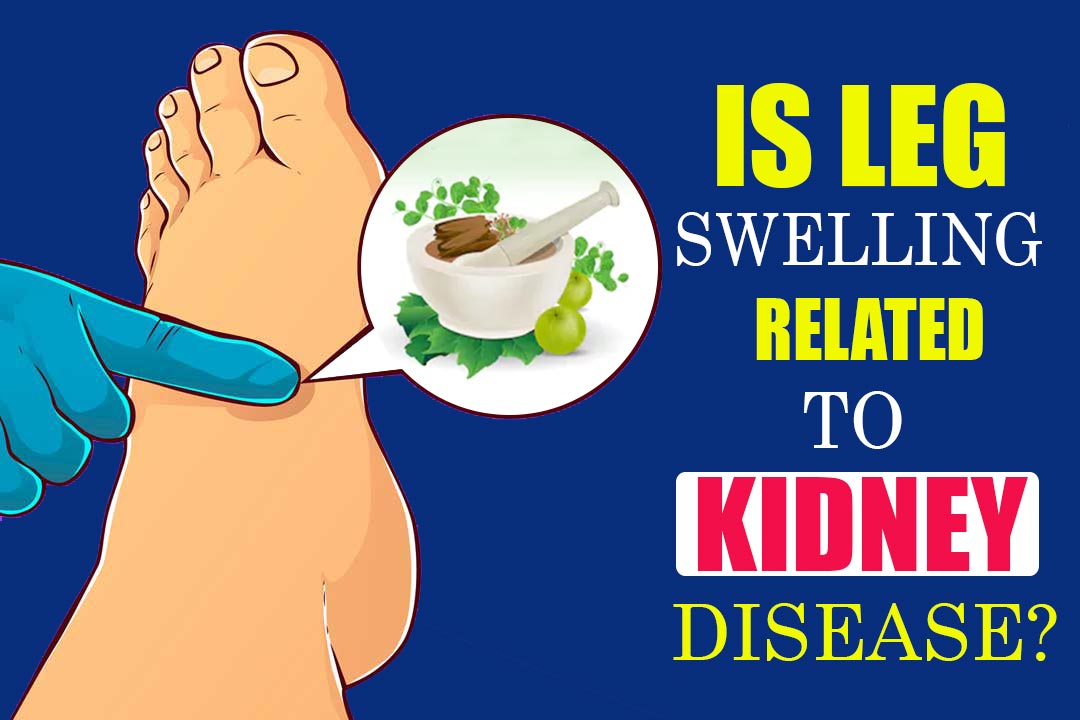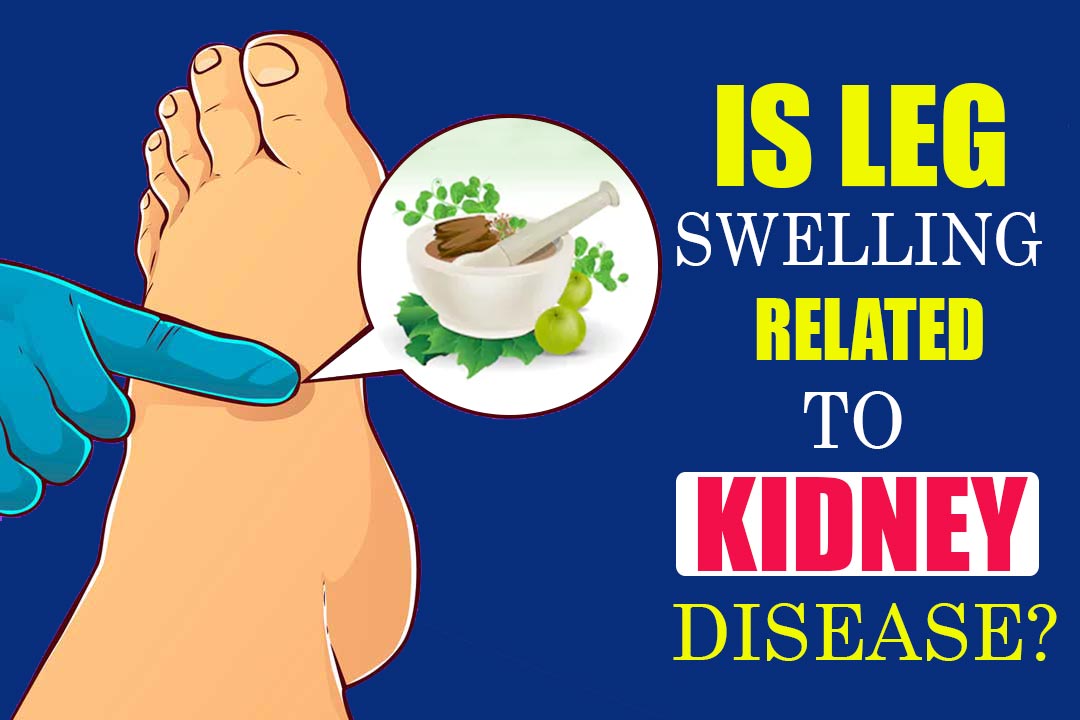
End-stage renal failure is the last stage of chronic kidney disease. It occurs when the glomerular filtration rate drops to 15 or less. Chronic kidney disease does not develop abruptly rather takes years to hamper kidney function. The kidneys perform some of their functions until they reach late stages and cause end-stage renal failure.
The five stages of chronic kidney disease are as follow:
Stage 1: GFR 90 or greater. Normal kidney function, even if the kidneys are ill.
Stage 2: GFR 60-89. It is a mild decrease in kidney function.
Stage 3a: GFR 45 – 59. This stage refers to a moderate decline in kidney function.
Stage 3b: GFR 30 – 44. A severe decline in kidney function.
Stage 4: GFR 15-29. The stage before kidney failure.
Stage 5: GFR less than 15. End-stage renal disease The last stage of chronic kidney disease is hard to recover with dialysis and so you will need ayurvedic kidney treatment to get better.

In the last stage, kidneys are hardly able to work to excrete waste from the blood. So many complications arise when fluid and waste build up in the blood. The kidneys are one of the supportive organs of the body so when they fail, you can notice one of the following symptoms:
Kidney failure leg swelling ayurvedic treatment should be initiated when you get diagnosed with end-stage renal disease. Only with the help of ayurvedic medicines for kidney function can be reversed and returned to normal. Unlike dialysis, it has no side effect on the body and considered a permanent cure for kidney failure patients. For more information on kidney disease, you can visit Karma Ayurveda.

Certificate no- AH-2023-0186
JAN 05,2023-JAN 04,2026
"Ayurveda is not just a system of medicine; it's a way of life. Connect with us to embrace a lifestyle that nurtures your body, mind, and soul."
Book Consultation Now